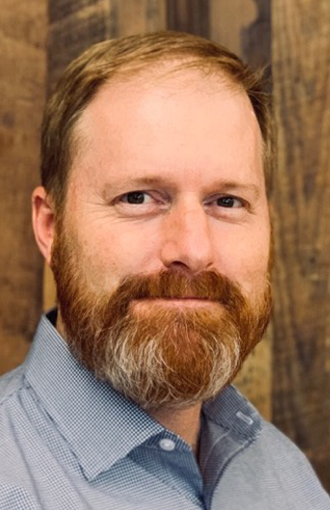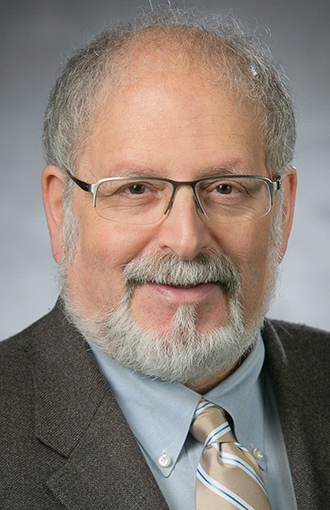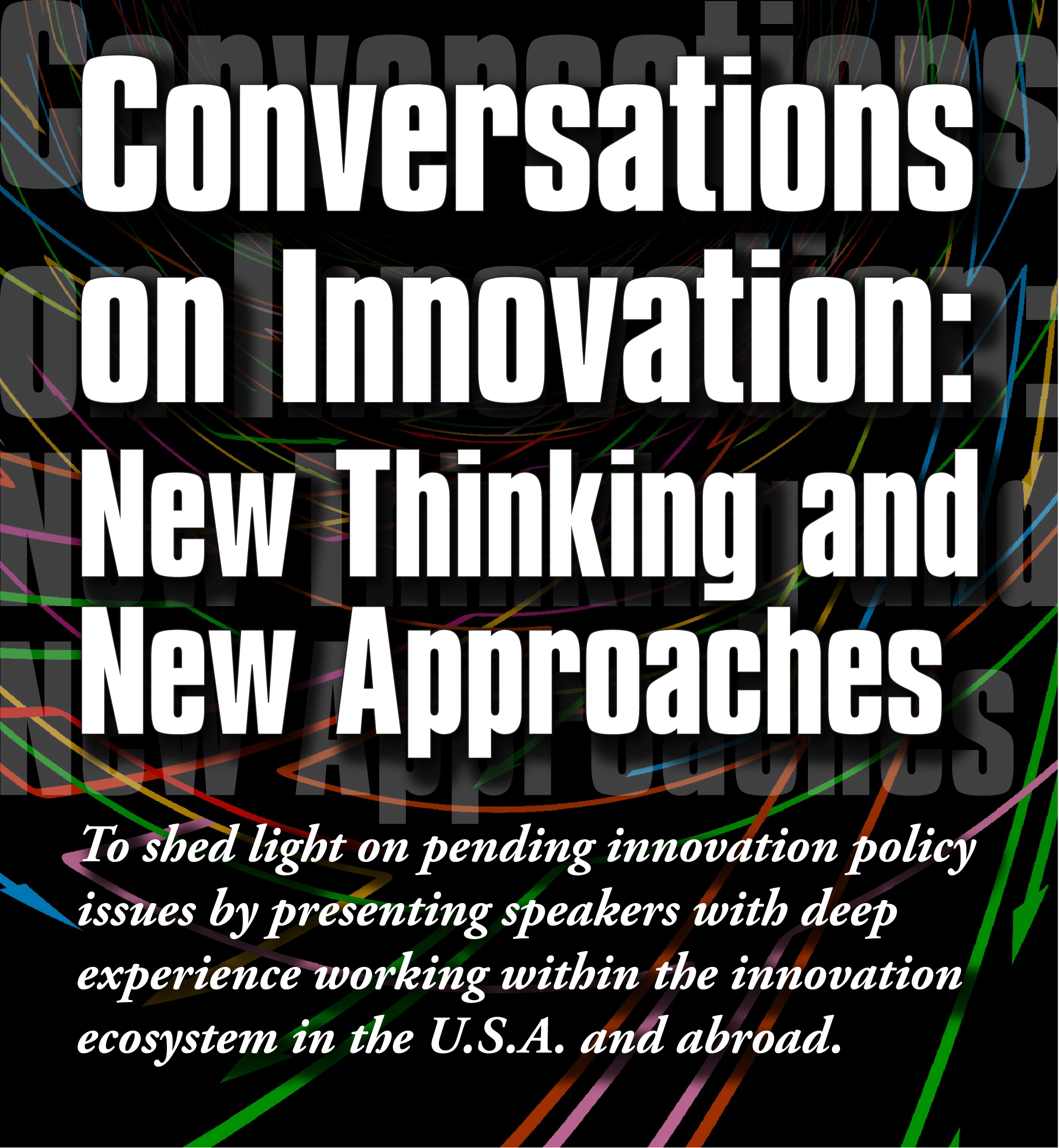How Sustainable Is the China Innovation Juggernaut?
November 03, 2021 • 12:30 PM • Virtual
In a relatively short period of time, China has gone from being perceived as an innovation laggard to being viewed as an "innovation juggernaut." Has China's "long march" to become a global technological leader been successful? What are the realistic prospects for China's innovation system, especially in light of Western constraints on cross-border research collaboration and the flow of advanced know-how into China in fields like semiconductors and artificial intelligence? This panel of seasoned experts will provide insights into the key variables that will shape China's emerging technological trajectory: Paul Triolo, Eurasia Group; Craig Allen, US-China Business Council; and Matt Turpin, Hoover Institution; moderated by Denis Simon, Executive Director of the Center. Sponsored by The Center for Innovation Policy at Duke Law; co-sponsored by the Duke University Center for International & Global Studies and the Duke University Asian/Pacific Studies Institute. Registration required: https://bit.ly/3iyzAV2. More information: https://bit.ly/3dsFG6g. Or contact Balfour Smith: bsmith@law.duke.edu.
The Center for Innovation Policy at Duke Law's seminar series "Conversations on Innovation: New Thinking and New Approaches" seeks to shed light on innovation policy issues that are on the horizon.
SPEAKERS:
- Craig Allen
President, US-China Business Council - Paul Triolo
Practice Head for Geotechnology, Eurasia Group - Matt Turpin
Visiting Fellow, Hoover Institution - Denis Simon moderator
Executive Director, The Center for Innovation Policy at Duke Law
CO-SPONSORS:
▪ The Center for Innovation Policy at Duke Law
▪ Duke University Center for International and Global Studies
▪ Duke University Asian/Pacific Studies Institute
This online program is free and open to all; however, registration is required.

On July 26, 2018, Craig Allen began his tenure in Washington, DC, as the sixth President of the United States-China Business Council (USCBC), a private, nonpartisan, nonprofit organization representing over 200 American companies doing business with China. Prior to joining USCBC, Craig had a long, distinguished career in US public service.
After working at US embassies in Japan, China and South Africa, Craig became Deputy Assistant Secretary for Asia at the US Department of Commerce’s International Trade Administration. He later became Deputy Assistant Secretary for China. Craig was sworn in as the United States ambassador to Brunei Darussalam on December 19, 2014. Craig received a B.A. from the University of Michigan in Political Science and Asian Studies in 1979. He received a Master of Science in Foreign Service from Georgetown University in 1985.

Paul S. Triolo leads Eurasia Group’s newest practice, focusing on global technology policy issues, cybersecurity, internet governance, ICT regulatory issues, and emerging areas such as automation, AI/Big Data, ambient intelligence, and fintech/blockchain. He is building a cross-issue and cross-regional team that helps clients understand and assess the risk generated by the complex intersection of politics, technology innovation, security threats, and the changing global regulatory environment.
Prior to joining Eurasia Group, Paul served in senior positions within the US government for more than 25 years, focusing primarily on China's rise as a science and technology (S&T) and cyber power. He provided analytic support to the president and senior policymakers, and was the lead drafter for a number of widely acclaimed national estimates on China S&T innovation and industrial policies, as well as cyberspace issues. Paul's technical background, including a bachelor's degree in electrical engineering from Penn State University and work experience in Silicon Valley, along with his extensive work on internet governance and policy issues in government, have prepared him to tackle the substantial challenges companies will face in cyberspace.

Matt Turpin is a Visiting Fellow at the Hoover Institution. Before joining the Hoover Institution, Matt was a Commerce Department official serving as the Director for China at the U.S. National Security Council at the White House. He was responsible for managing U.S. policy towards the People’s Republic of China. Before joining Commerce, he served for 22 years in the Army with tours at Pacific Command and as an advisor on China to the Chairman and Vice Chairman of the Joint Chiefs of Staff. Matt is a graduate of West Point and has a master’s degree from the University of North Carolina at Chapel Hill.

Dr. Denis Simon serves as the Executive Director of The Center for Innovation Policy at Duke Law. He is also Senior Adviser to the President for China Affairs at Duke University and a faculty member at Duke's Fuqua School of Business. Formerly, he served as Executive Vice Chancellor at Duke Kunshan University. Prior to joining Duke Kunshan, he held senior appointments at several universities and outside academia in management consulting. He received his PhD and MA from UC Berkeley and his BA from SUNY at New Paltz. His research is focused on the development of innovation policy and high-end talent in China and East Asia.
